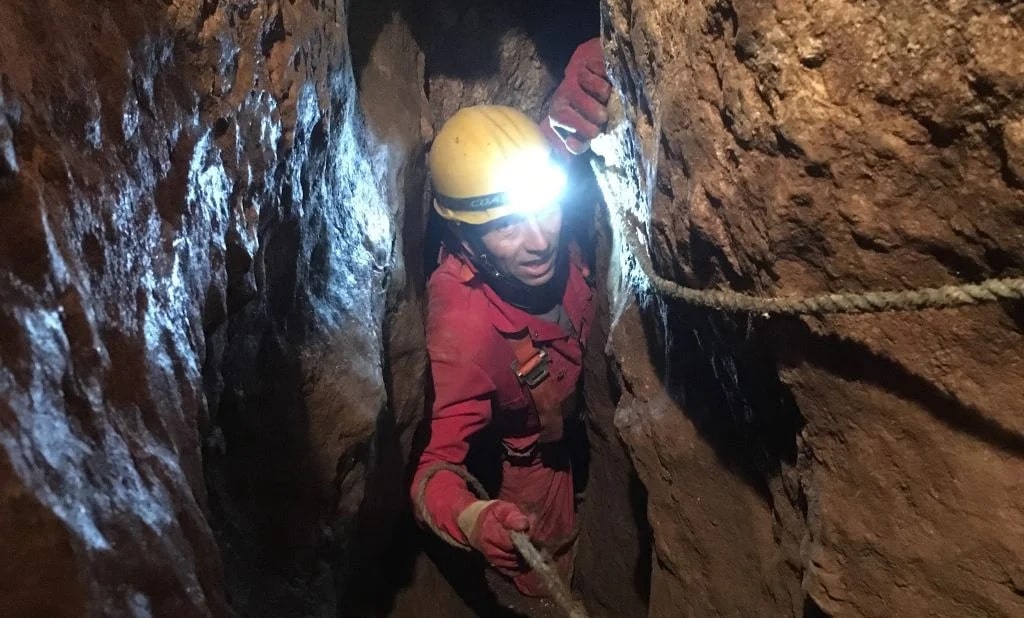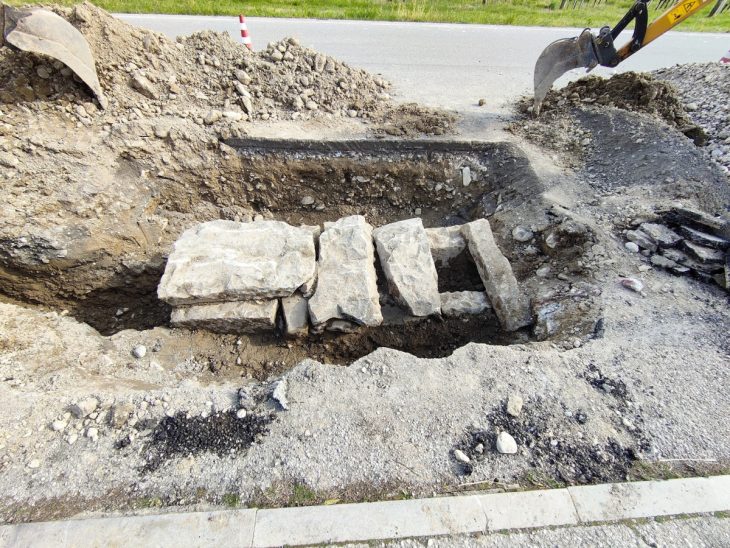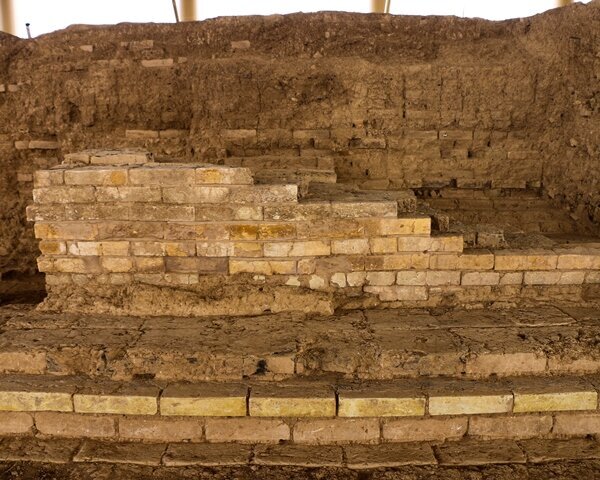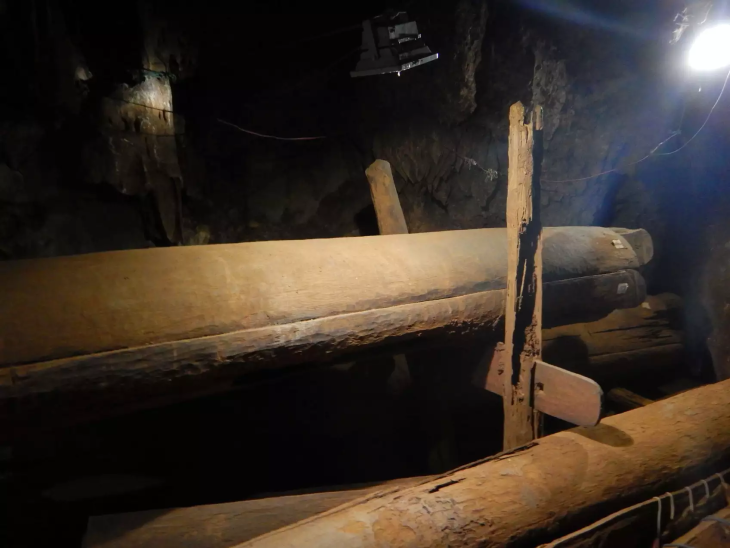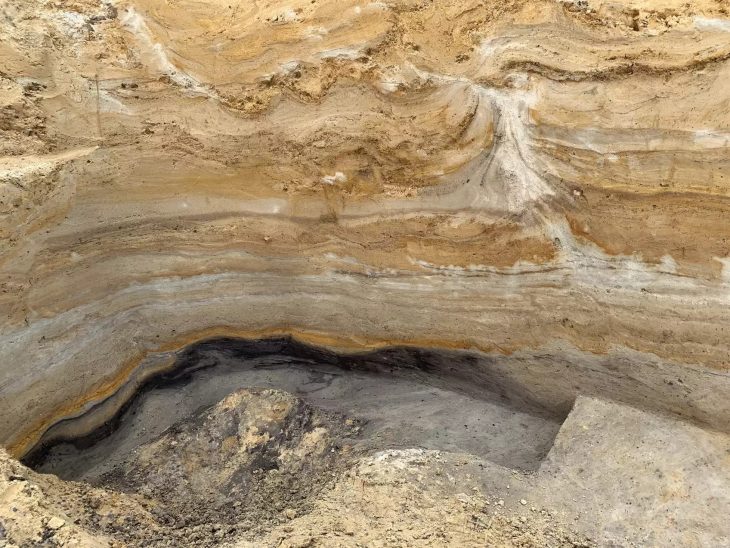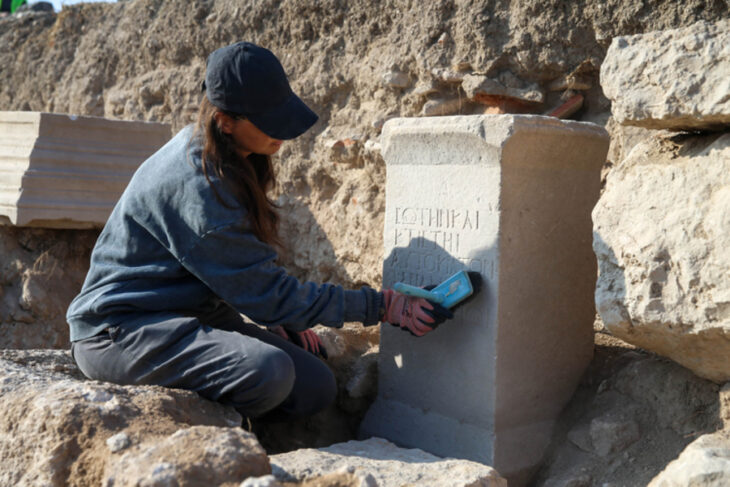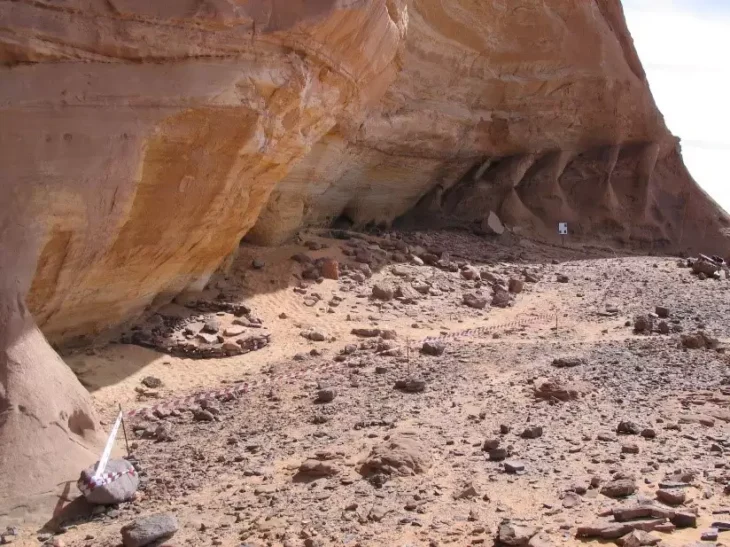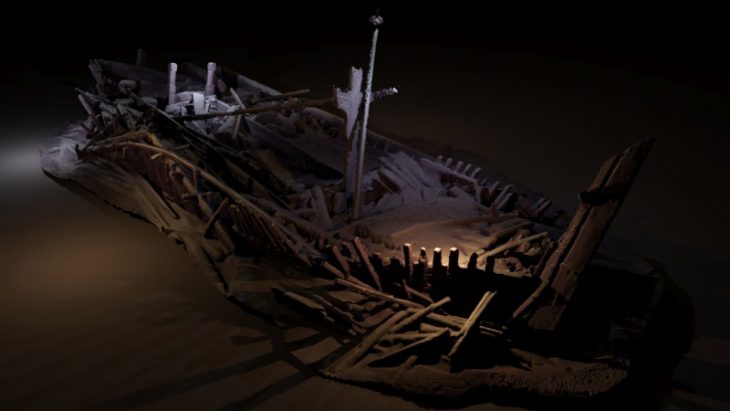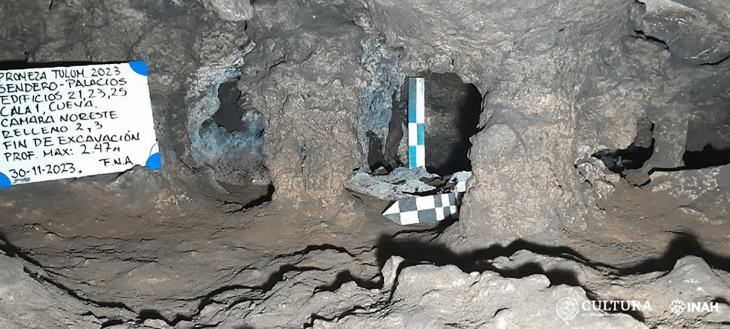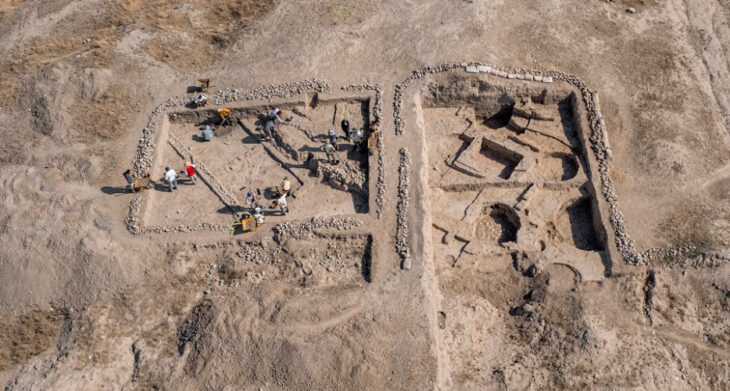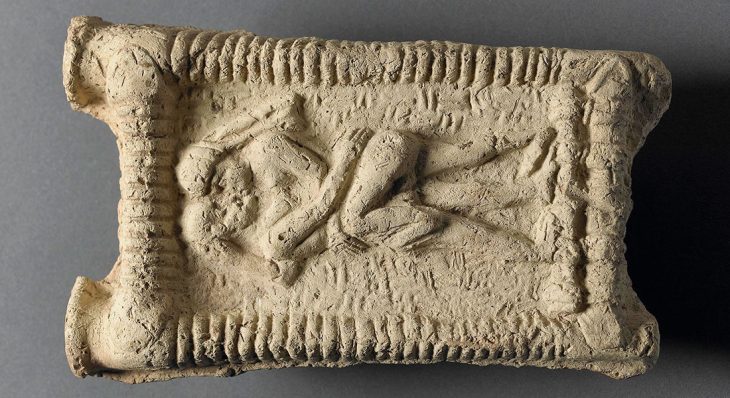An international team of archaeologists at the University of Central Lancashire (UCLan) has discovered 11,000-year-old human remains in the Heaning Wood Bone cave in Cumbria, England. The discovery is the oldest human remains ever found in northern Britain.
The UCLan team has been able to prove at least eight different people were buried in the cave. Despite the fragmented condition of the human remains, the accompanying artifacts make it likely that these were all deliberate burials.
E.G. Holland excavated the Heaning Wood Bone Cave for the first time in 1958, yielding the skeletal remains of three adults and a juvenile dated to the Early Bronze Age by radiocarbon dating.
Archaeologists returned to the cave in 2016, revealing animal bones such as Bos, Sus, and Canis, stone tools, prehistoric pottery, and beads made from shells.
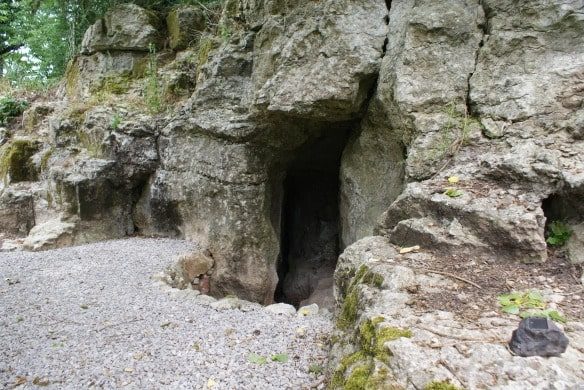
A recent excavation by Martin Stables uncovered a periwinkle shell bead and human remains dating back 11,000 years to the Early Mesolithic, when Homo sapiens, or modern humans, were the only hominid species still surviving in the British Isles. The team identified 8 individuals buried in the cave, 7 of which have been dated by researchers from the University of Nevada and Pennsylvania State University using radiocarbon dating.
📣 Our WhatsApp channel is now LIVE! Stay up-to-date with the latest news and updates, just click here to follow us on WhatsApp and never miss a thing!!
The results show the cave was used for burials at three different periods in the prehistoric past: around 4,000-years-ago in the Early Bronze Age; approximately 5,500-years-ago in the Early Neolithic; and around 11,000-years-ago during the very early part of the Mesolithic period.
They discovered a date on one of the shell beads showed it was around 11,000-years-old and was likely to have used during a burial.
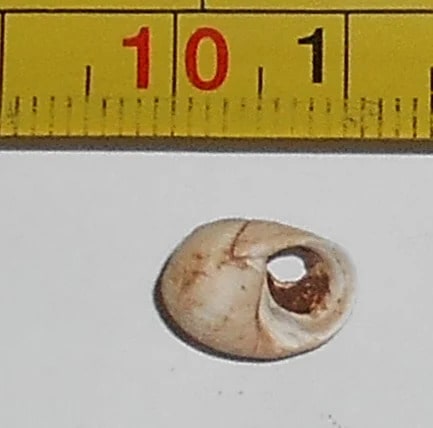
Martin said: “I never expected anything like the Early Mesolithic connection in my wildest dreams. After six years digging it’s all ended up in a place I never expected it to get to. I can’t wait to hear all the final results, it’s staggering so far, difficult to imagine what it would have been like around here over 11,000-years-ago.”
Earlier human remains are known from southern England and from Wales, but the destructive effect of past glaciations means that such finds are rare in northern Britain. Before this discovery, the ‘earliest northerner’ was a 10,000-year-old burial from the nearby Kent’s Bank Cavern discovered in 2013.
UCLan’s Dr. Rick Peterson added: “Cave burials like this are well known from some periods of British prehistory and the Heaning Wood burials are an important addition to our knowledge of funeral practices. Together with the slightly later dates from Kent’s Bank Cavern, it shows, as people re-occupied the land, how important the whole of Britain was to this process.”
The site is still being researched, and a detailed study of what happened to each individual after they were placed in the cave is still being conducted.

